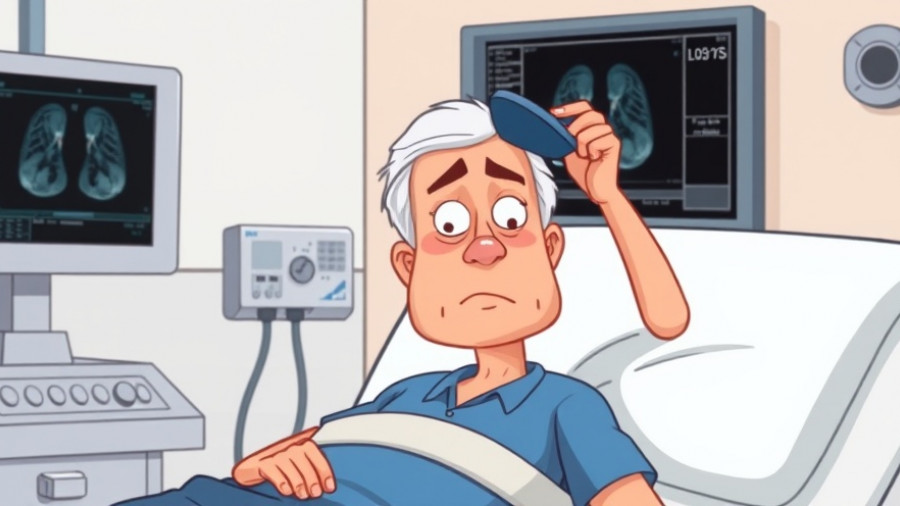
Understanding Lorazepam and Its Risks for Your Family
Lorazepam, a widely prescribed benzodiazepine, is known for its effectiveness in managing anxiety and related disorders. However, the popularity of this medication comes with significant risks that every parent should be aware of, especially concerning its potential for dependency and misuse.
What Are Benzodiazepines?
Benzodiazepines, often referred to as “benzos,” include a range of medications that work by slowing down activity in the nervous system. Commonly used to alleviate issues such as anxiety and insomnia, these prescriptions can provide relief but also harbor substantial dangers when misused. Medications like lorazepam enhance the effects of a vital neurotransmitter, gamma-aminobutyric acid (GABA), leading to a calming effect on the brain.
The Dangerous Allure of Lorazepam
Lorazepam is increasingly present in popular culture, with characters in shows like The White Lotus highlighting its use in a comical yet alarming manner. The portrayal emphasizes its addictive nature, where casual consumption paired with alcohol leads to severe sedative effects and memory lapses. This dramatization underscores real concerns of tolerance and the likelihood of developing a substance use disorder, which can escalate quickly, especially in teenagers and young adults.
Why Parents Should Be Concerned
Parents play a vital role in educating their children about the dangers of prescription drug misuse. With estimates indicating that over 5 million individuals in the U.S. misused benzodiazepines in just one year, the potential for addiction looms large. Recognizing the signs of dependency, such as increased tolerance or withdrawal symptoms, can empower families to seek help before a situation necessitates intervention.
Protecting Your Family's Health
To mitigate risks associated with lorazepam and other benzodiazepines, discussing these medications openly with your children is crucial. Consider exploring alternative therapies for anxiety management, such as cognitive-behavioral therapy or holistic treatment options, which have shown promising results without the risks associated with dependency. Programs like SMART Recovery and family therapy for addiction can also bolster resilience against substance misuse.
Common Misconceptions About Lorazepam
Many perceive lorazepam as a benign solution to anxiety, oblivious to its habit-forming potential. As parents, it’s vital to challenge these misconceptions by emphasizing that while benzodiazepines can be effective, they should be approached with caution and in accordance with medical guidance. Knowledge about the long-term consequences of misuse, such as withdrawal symptoms that can involve debilitating anxiety and insomnia, is essential for making informed choices.
Encouraging Healthy Conversations
Create a supportive environment where your children feel comfortable discussing their mental health. Inform your teenagers about the risks of mixing medications with alcohol, as this can lead to dangerous outcomes, including overdose and impaired judgment. Parents should also encourage young people to seek help from addiction support groups or counselors if they feel overwhelmed by anxiety or the pressures of school and peer relationships.
Final Thoughts: Prioritizing Your Family's Well-Being
Understanding the implications of lorazepam and other benzodiazepines empowers families to make informed health decisions. Promote conversations about mental health and support resources. It’s crucial to advocate for healthier coping mechanisms, paving the way for a safer future for your children.
If you suspect someone close to you is struggling with substance abuse, don’t hesitate to make the first move. Encourage them to reach out for help, whether it’s an addiction hotline or a local support group. Ultimately, open dialogue and education are your best allies in combating substance misuse.
 Add Row
Add Row  Add
Add 




Write A Comment